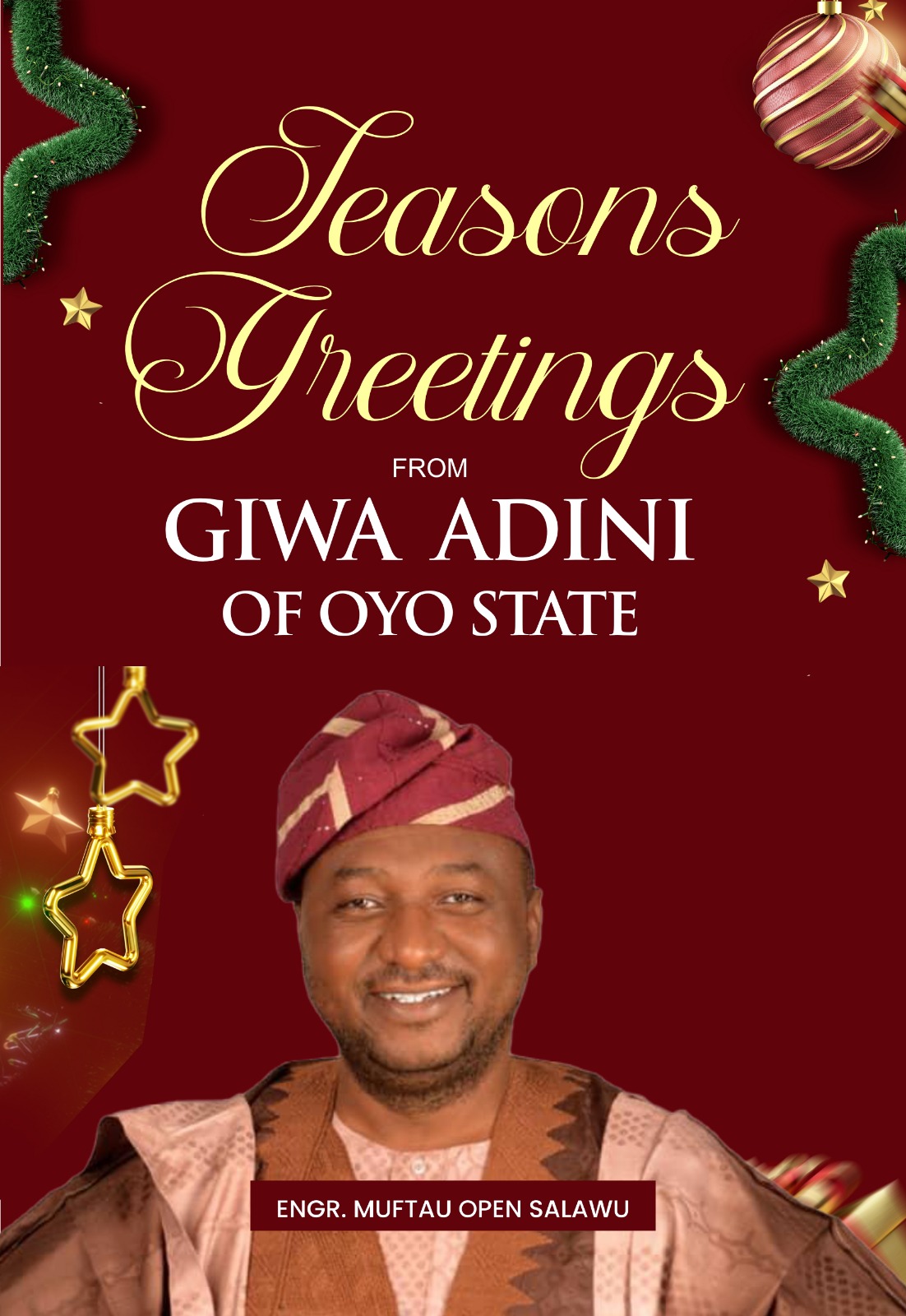By Timileyin Omilana
When Aruna Quadri hit the scene after being the first African to be named World table tennis player of the year in 2014, many table tennis watchers in Nigeria may not have believed much more feats could be achieved from the Oyo state indigene.
Now 29 years-old, Quadri took to the sport with amateur bats and balled up sheets of paper when he was just seven on the streets of his hometown of Oyo, and with three years of training, he won his first ever competition in Lagos.
His rapid climb to prominence cannot be unconnected from a man he was ‘fortunate’ to meet when he started off on the streets.
“I was fortunate to meet a man called, Oluwole Abolarinwa, from Oyo town who used to have a table tennis center and finally he took me to his table tennis hall, then he started training me for like three years, I can say he inspired me a lot. And after about three years of training with him, I came to Lagos to play my first table tennis tournament, and then I won”.
Winning that tournament proved to many that he is a rare talent in the world of table tennis and this acknowledgement continued to manifest in the litany of achievements he has recorded so far.
Now a household name in Nigeria, Quadri is the first African table tennis player to make the Olympic quarterfinals and the first to be ranked inside the top-30. The Portugal-based player is the highest-ranked African tennis player in the world as at September 2018.
In addition to those feats, he is also the first tennis player to make the ITTF top18 rating and first African to win an ITTF competition outside of the continent.
But according to him, one feat still tops all he’s achieved so far.
“The Olympics games is the highest of all and getting to the quarter-final in Rio Olympic games as the first African in the history of table tennis is the best memory so far, for me in my career.”
However, it is interesting to know that the world number 22 table tennis player is without a coach. His forehand-oriented playing style, which enables him to get ahead of opponents are from his 4-hours daily training regimen.
“I practice four hours in a day. Two hours in the morning and two hours at night”.
This is despite having the knowledge that his contemporaries from Europe and Asian countries do as much as eight hours daily.
If not table tennis, he could have opted for athletics, but a very early self-realization brought him closer to the right path to a blossoming career.
“I think I was very good in 100 metres race when I was in primary and secondary schools but at some point in my secondary school days I realized I had better potentials in table tennis than athletics because I won my first tournament ever, and for me to be able to win the first tournament, it meant I have some kind of better potentials in table tennis.”
Quadri is coy about his achievements and happy to not dwell on their magnitude which perhaps is holding him close to the society that made him.
Playing in front of the home fans, however, puts him under immense pressure, he told The Guardian when we sat with him at a Photo Shoot for one of the brands for which he is now an ambassador.
“You need to show you deserve the support from them… I feel a lot of pressure playing at home.”
Having struggled and gone through a lot; days of hunger, and days when getting equipment was hard, he believes money is not everything.
“I remembered the blessings I got from Lagos Open, I think everything is not about money but something when you win, you feel you are honoured and satisfied.”
After emerging the winner of the recently-concluded 2018 ITTF Challenge (Seamaster Nigeria Open Championship), the high-ranking star decided it was time to give back to the society and he did that by visiting the S.O.S Children’s Village in Lagos.
“Out of the prize money, I decided to use some part to support some little ones, kids that have no parents and that was why I visited the motherless home, here in Lagos.”
Not one to be ashamed of his root or identity, Quadri who is of Yoruba extraction says his love for downing “Eba and Amala” remain a ritual before big games.
Nigeria’s ping-pong star, who plies his trade in Europe, says he won’t rest on his oars having won several titles in Africa. His first African Championships title came earlier this month, days after he sat for this interview.
Throughout that tournament, he did not drop a point from the first round until the final when he defeated Egypt’s Ahmed Saleh 4-1 in Mauritius on September 8, 2018, to win the 2018 ITTF men’s singles title, making him Africa’s top male table tennis player.
As he continues to smash records on his rise to greatness, Quadri has also set his eyes on the All African Games’ table tennis title next year in Morocco.
Written By Timileyin Omilana
The article first appeared on The Guardian Newspaper, Sept 19, 2018























